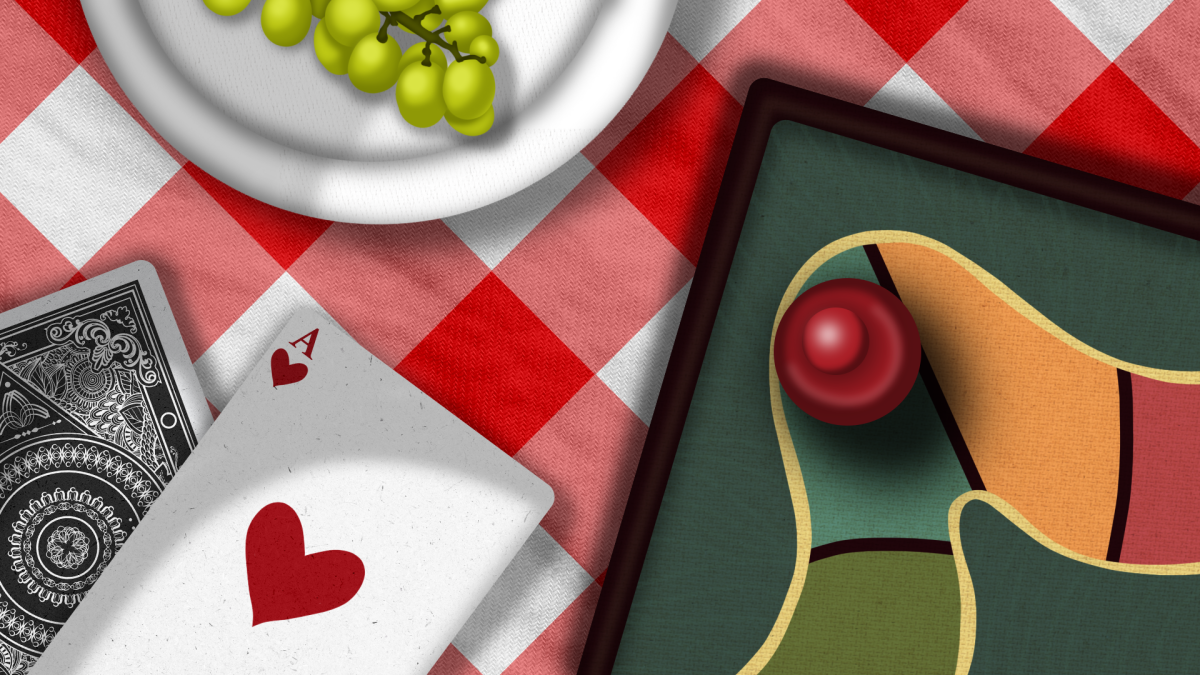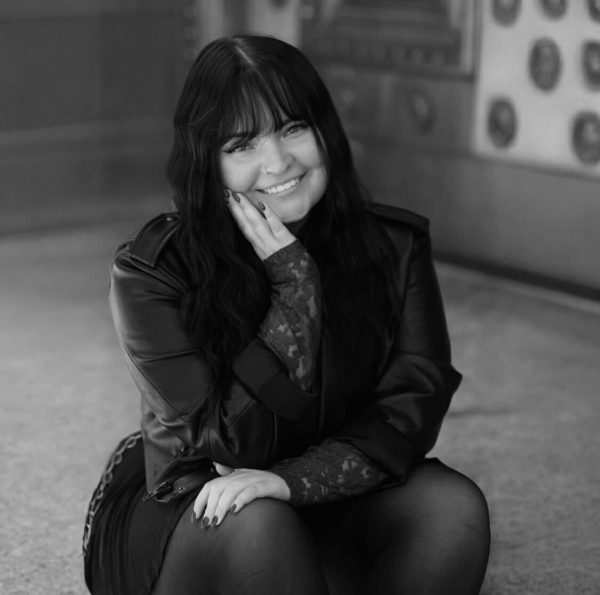Imagine walking into a living room with a fireplace burning and a tray of bubbling champagne glasses on the coffee table. The air is filled with voices and laughter erupting from every corner. The room around you is crowded with smiles and warm hugs from loved ones. The smell of dinner floats in from the kitchen and flickering candlelight exudes from the center of the room. Can you remember the last time you experienced this feeling?
Social gatherings and the concept of extravagant hosting have been a spectacle of the media for decades. Author F. Scott Fitzgerald presented the original host and memorable event planner in his classic novel, “The Great Gatsby.” His main character, Jay Gatsby, was known for throwing extravagant parties during the 1920s. In today’s age of electronic apocalypse and post-pandemic solitude, parties like this have become far more scarce.
Hostess with the Most-est (Social Anxiety)
In March of 2020, the socially inept world as we know it changed forever. The COVID-19 pandemic, in a sense, forced the globe into a social experiment of solitary confinement. As necessary as it was to the safety of the world, it allowed society to get all too comfortable with the idea of being alone. Now that the threat is at bay and the shackles have been removed, reintegration has not as easy as one might think, and it shows particularly in the voluntary reclusiveness of an otherwise social species.
With the 6-foot safety bubbles having been removed and masks having come off, the world has had a difficult time remembering the positive feelings associated with social gatherings. The happiness and excitement that group interaction used to generate now draws a certain amount of anxiety from the thought of forced human interaction.
People who once would be labeled as extroverted souls that came to the table with an arsenal of opinions locked and loaded, now remain silent. Due to the stigmatized anxiety that surrounds social atmospheres, their hearts beat louder in their throats than they do in their chests, preventing authentic connections. Intimate social interaction and conversation, like those that tend to take place at social gatherings, have become foreign in this post-pandemic world.
Electronics are a Crutch
During the 2020 quarantine, society became enamored by electronic devices because they were the only form of connection to the world around us. According to the National Health Institute, the average screen time amongst young adults increased by 1.75 hours per day during the first lockdown.
The most social interaction that one would endure during the pandemic was a glorified phone call, whereas now, in person, overcoming the anxiety associated with public speaking becomes a factor. Even after the social restrictions were lifted, electronic devices lingered and remained, metaphorical masks for people to hide behind. It is far more comfortable to be social behind a screen than when you have to look someone in the eye, which is why even in 2024, social gatherings have yet to return to their former glory.
There is still hope that one day society will return to candlelit dinners and laughter over drinks by the fireplace. Unfortunately though, for now, electronics and the sense of social anxiety that has lingered in the wake of Covid-19 remain the crutches that prevent the art of hosting from making a comeback.





Mary Kay Williams • Jun 10, 2024 at 10:14 am
Spot on!